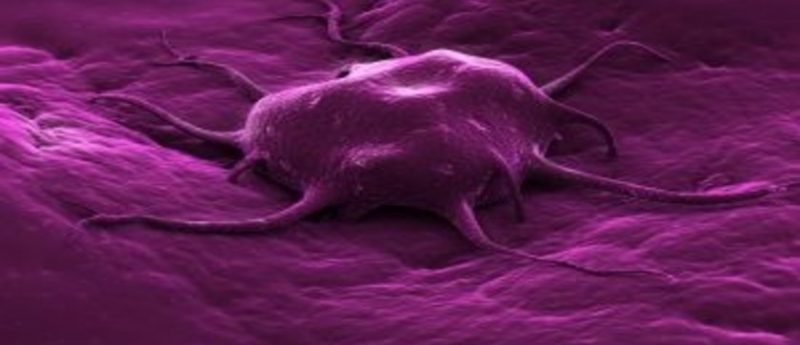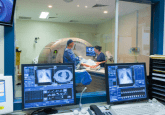Innovative approach to analyze protein complexes in tumors

With the aim of informing cancer diagnosis and treatment decisions, Moffit Cancer Center (FL, USA) researchers have developed a new approach to analyze the biological processes occurring within tumors. The method makes use of a technique known as proximity ligation assays (PLA), which allows specific protein complexes in cancers to be visualized and measured. Details of this new approach were published recently in the journal Science of Signalling.
Current cancer biomarkers, which are used by clinical researchers and physicians during diagnosis, prognosis and treatment, primarily focus on single proteins or genes. This can be problematic as proteins do not function individually, but undergo interactions with many other proteins and form multiprotein complexes. As a result, these biomarkers may not provide clinicians with accurate information about the processes occurring within a cancer.
The Moffit team focused on the epidermal growth factor receptor (EGFR), which is expressed at high levels or mutated in many different tumor types, as the target for their PLA approach. The results showed that lung cancer patients who were treated with EGFR inhibitors and had high levels of EFGR protein complexes had a better prognosis.
The work raises the possibility of protein complexes as a new generation of biomarkers, which may allow physicians to diagnose and treat patients with receptor tyrosine kinase inhibitors. Protein complex analysis by PLA may also enable researchers to determine how patients develop resistance to these drugs.
Additionally, the study represents the initial steps in assessing therapy-relevant protein complexes in cancer specimens. Eric Haura (Moffit Cancer Center) explained: “We show that it is feasible to build assays that reflect protein complexes in cancer cells and these assays are associated with drug sensitivity. Our lab is developing additional assays reflecting protein complexes relevant to cancer therapeutics and we envision the ability to use these assays to help make therapeutic decisions for our patients,”
Matthew Smith (Moffit Cancer Center) provided a future perspective:”We think this is an exciting new way to look at targetable signaling activity in cancer cells. If we can figure out which molecular pathways are activated, we will be better able to match patients to available targeted therapies and hopefully improve outcomes.”
Source: Smith MA, Hall R, Fisher K, Haake SM, Khalil F, Schabath MB, Vuaroqueaux V, Fiebig HH, Altiok S, Chen YA, Haura EB. Annotation of human cancers with EGFR signaling–associated protein complexes using proximity ligation assays. Sci. Signal. 8 (359) ra4., doi 10.1126/scisignal.2005906 (2015); Moffit Cancer Center press release



